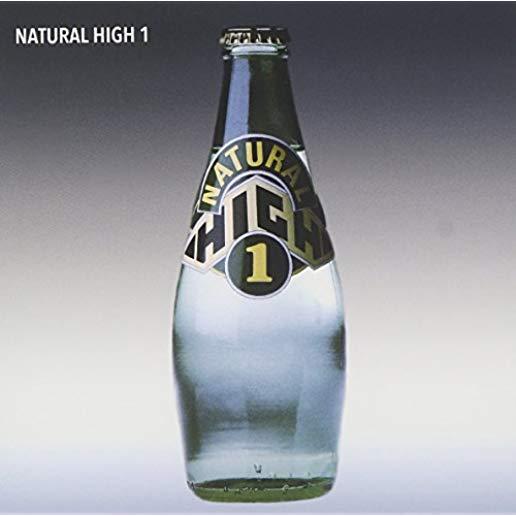
Chapman, Don
product information
description
9In New York City in the 1830s and '40s, young Alick Cartwright grew up playing all kinds of games that used bats, balls and bases - but none of them were called baseball, for that game had not yet been created. In his teens, Alick and his friends ventured into other neighborhoods to play various ball games, including at the grassy squares at Madison Square and Murray Hill, and he earns a reputation as one of the best players in the city, whatever the game, be it cricket, rounders, barn ball, burn ball, stick ball, soak ball, goal ball, town ball or several "old cat" games - one old cat (one base), two old cat (two bases), etc. But one thing drove Alick crazy - every area played by different rules, sometimes using two bases, sometimes five, and the number of players on the field varied from just a few to more than 20. Sometimes a base was a tall wooden stick in the ground, sometimes a rock, sometimes a barrel top or just an old hat. Plus, the distances between bases were always different. Worse, because the rules were always different, they spent as much time arguing about the rules as playing the game. Alick played for one reason, to have fun, and arguing was not fun. After a particularly contentious argument that nearly comes to blows until Alick intervenes, he sits down with pencil, paper and ruler to create a more perfect game. After his best pal nearly dies after getting hit in the head by a thrown ball during a game of town ball, Alick writes down the rules of modern baseball. A year later, he organizes the first team, the Knickerbockers - as in the knickerbocker Fire Company, of which he was a member, as well as the first game and first scorecard. Three years later Alick is among the thousands of people joining the 1849 Gold Rush. He kept a meticulous journal along the way, a copy of which I obtained from Bishop Museum in Honolulu. I also obtained everything the Baseball Hall of Fame has on Cartwright, made several visits to the Hawaii State Archive in Honolulu. And while Alick is the focus of this book, the Oregon and California Trails and all of the other emigrants are co-stars. Growing up in Oregon, where the state seal includes oxen pulling a covered wagon and the state song includes the lyric "land of the pioneers," and having been born in the Gold Rush centennial year of 1949, I was always aware of the history and lasting influence of the Oregon Trail pioneers. It turns out that the California Trail, after it breaks off from the Oregon Trail, was even more perilous in some ways than the Oregon. The story of the courage and determination of all the people - men, women, children - and their animals who crossed rivers, plains, deserts and mountains to reach Oregon and California is also one that needs to be retold, especially in a world where yesterday is old news already. Without the pioneers of 1849 and ensuing years, America would not be the nation it is today, in so many ways. Their example too is worth remembering and emulating. My teaching degree and classroom experience, along with years of coaching kids, not to mention parenting, show through in the form of questions at the end of each chapter. Together, they emphasize vocabulary, mathematics, geology, geography, health and literary concepts, among other academic topics, as well as questions designed to explore human relationships, personal responsibility and ethics, and personal thoughts and feelings. The questions can be used by school teachers and home-schoolers, or by parents reading with their children (or ignored altogether). The story is written for young people, but the drama is real and riveting for any age. I hope you'll find "The Ball That Changed The World" both entertaining and informative, and Alexander Joy Cartwright Jr. to be as admirable and heroic a fellow as I do.
member goods
No member items were found under this heading.
Return Policy
All sales are final
Shipping
No special shipping considerations available.
Shipping fees determined at checkout.







